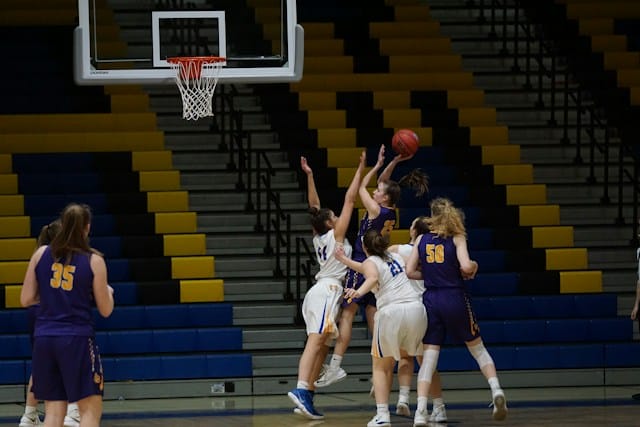Analyzing the role of sports in conflict resolution and peace-building.

Sports have always been a universal language, transcending borders and cultural barriers. They are a powerful platform for social inclusion, the promotion of peace, and the development of communities. This article explores how sports can bring about social change, foster peace, and resolve conflict.
The Social and Developmental Role of Sports
While the physical benefits of sports are widely recognized, the social and developmental potentials often go unnoticed. However, numerous studies have shown that sports can play an integral role in human development, peace-building, and conflict resolution.
A lire en complément : How do adaptive sports empower individuals with disabilities?
Sports have the power to unite people, fostering social inclusion and equality. They break down barriers, promoting understanding and empathy, which are vital for conflict resolution. They also teach essential life skills, such as teamwork, discipline, and respect for others, which can greatly assist in developing a harmonious society.
In disadvantaged communities, sports can provide an avenue for positive engagement and a sense of belonging. They can help to divert youths from criminal activities, encouraging them to contribute positively to their communities.
Dans le meme genre : Explore the benefits of a Tackle mystery box subscription
Sports also have a significant role to play in gender equality. By providing equal opportunities for both male and female athletes, they promote respect for human rights and challenge gender stereotypes.
The Role of Sports in Peace-Building and Conflict Resolution
In our world today, there are numerous conflicts, both on local and international scales. Sports can serve as a bridge to span these divides, fostering dialogue and promoting mutual understanding.
Sports promote peace-building by providing a platform where people can interact and form bonds, regardless of their differences. Through sports, individuals can connect on a human level, paving the way for peaceful relations.
Sports also serve as a useful tool in conflict resolution. They teach essential skills that can be applied to resolve disputes. For instance, sports require cooperation and fair play, which translate to respect for others and the ability to compromise. These skills are crucial in resolving conflicts and maintaining peace.
There are several examples of sports being used successfully for peace-building and conflict resolution. In post-conflict South Africa, football was used as a unifying force to bring together a society divided by apartheid. Similarly, the United Nations has implemented various sport-based programs in post-conflict regions, demonstrating the potential of sports for peace and development.
The Potential of Sports for Peace and Development
Despite the potential of sports for peace-building and development, their role is often underestimated and underutilized. This section will discuss the potential of sports for peace and development, highlighting the need for more recognition and investment in this area.
Sports can act as a catalyst for positive change, pushing for social development and peace. They provide a platform for dialogue and understanding, fostering positive relations among individuals and communities. They can also give a voice to marginalized groups, promoting equality and human rights.
Yet, the potential of sports is not fully exploited due to lack of funding, inadequate infrastructure, and lack of awareness. More investment in sports, particularly in disadvantaged communities, can yield significant social benefits, contributing to peace and development.
Conclusion: The Way Forward
Sports have an immense potential for promoting peace, resolving conflicts, and building resilient communities. They can foster social inclusion, promote gender equality, and contribute to human development.
However, to harness this potential, we need more recognition of the role of sports in peace-building and conflict resolution. This includes investment in sports infrastructure, particularly in disadvantaged communities, and education about the social benefits of sports.
In conclusion, sports are not just about physical activity and competition. They are a powerful tool for social change, with the potential to contribute significantly to peace and development. By recognizing and utilizing this potential, we can make strides towards a more peaceful and inclusive world.
